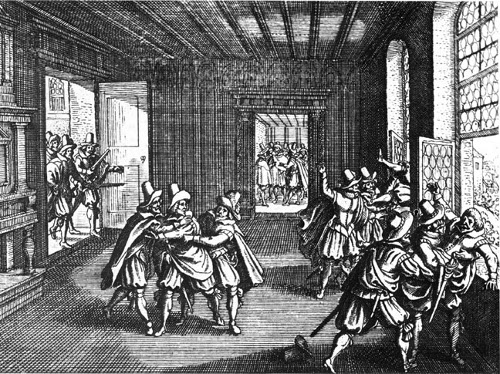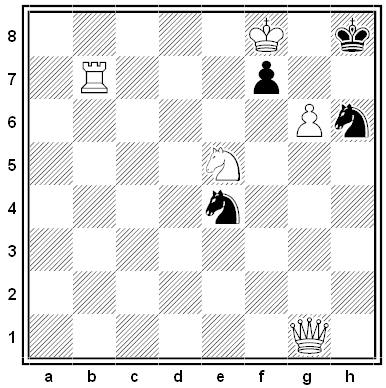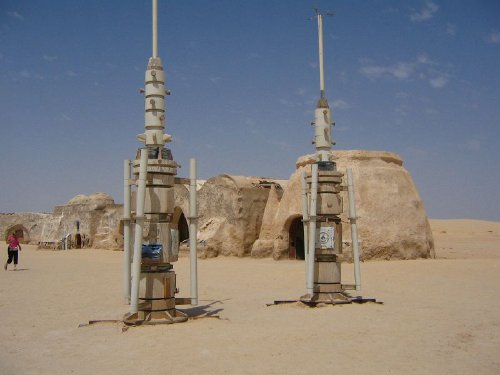
As Christmas approached in 1914, a number of impromptu cease-fires broke out on the Western Front in which German and British troops exchanged greetings, song, and even food. Rifleman Oswald Tilley of the London Rifle Brigade wrote to his parents on Dec. 27 regarding an incident near Ploegsteert, just north of the Franco-Belgian border:
On Christmas morning as we had practically ceased to fire at them, one of them started beckoning to us so one of our Tommies went out in front of our trenches and met him halfway amidst cheering. After a bit a few of our chaps went out to meet theirs until literally hundreds of each side were out in No Man’s Land shaking hands and exchanging cigarettes, chocolate and tobacco etc. … Just you think that while you were eating your turkey etc. I was out talking and shaking hands with the very men I had been trying to kill a few hours before. It was astonishing!
In subsequent years the authorities tried to discourage such truces. Apart from reproving the breakdown in discipline, they had trouble getting the war started again. In late 1915 Ethel Cooper, an Australian woman living in Germany, met a soldier home on leave from the XIX Saxon Corps who told her that his unit had fraternized extensively with a British battalion for two days beginning that Christmas Eve. She wrote, “The trouble began on the 26th, when the order to fire was given, for the men struck. Herr Lange says that in the accumulated years he had never heard such language as the officers indulged in, while they stormed up and down, and got, as the only result, the answer: ‘We can’t — they are good fellows, and we can’t.’ Finally, the officers turned on the men, ‘Fire, or we do — and not at the enemy.’ Not a shot had come from the other side, but at last they fired, and an answering fire came back, but not a man fell. ‘We spent that day and the next day,’ said Herr Lange, ‘wasting ammunition in trying to shoot the stars down from the sky.'”
(From Marc Ferro et al., Meetings in No Man’s Land, 2007)



